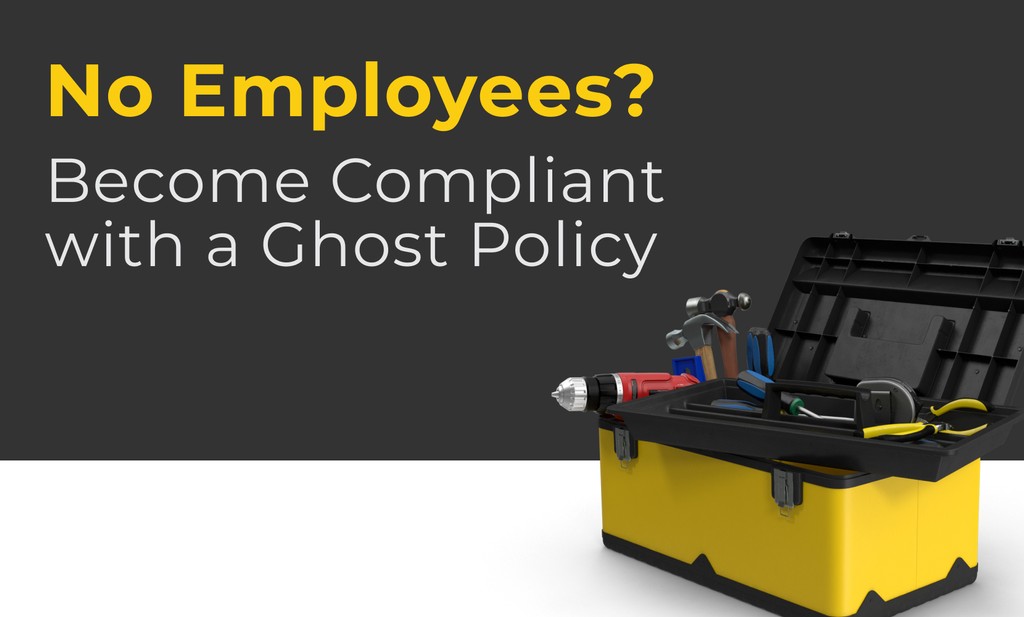Most states require employers with employees to carry Workers’ Compensation to respond to on-the-job injuries and illnesses. To get on a project, contractors typically have to show proof of Workers’ Compensation insurance. But what happens if you’re self-employed but still need to demonstrate that Workers’ Comp is in place? That’s where a Ghost policy comes into play. Let’s look at how each policy works.
Inside Workers’ Compensation Insurance for Contractors
Contractors with employees must purchase Workers’ Compensation to cover medical costs, temporary or permanent disability, lost wages (up to a certain amount), and rehabilitation costs for workers who are injured or become ill on the job. Death benefits are also provided to employee family members. Additionally, employers are typically shielded from lawsuits unless it’s determined that the injury was intentional or if the work was performed outside the scope of the employee’s assignment.
The contractor’s payroll, the business location, worker classification, and prior work-related history determine the Workers’ Comp premium. At the end of the year, an audit is conducted to ensure the correct premium has been paid. The insurance company will verify if payroll estimates at the beginning of the year and the scope of the work (your actual risk exposure) performed during the policy period align or if any adjustments must be made. The audit will also verify if any subcontractors hired had their own Workers’ Comp coverage. An additional premium will likely be charged if the payroll or risk exposure exceeds the estimate. The insurance company will likely refund you the difference if the payroll or risk exposure is lower than projected.
Inside a Ghost Policy for Contractors
Contractual agreements on construction projects often require self-employed contractors to submit a Certificate of Insurance for Workers’ Comp— even if they have no employees. Also, some states require every business to carry coverage regardless of whether there are employees.
You don’t want to miss out on the bidding process or run afoul of state requirements. A Ghost policy enables you to show proof of Workers’ Comp without providing actual coverage or benefits.
The cost of a Ghost policy is also calculated using payroll. Yet, a Ghost policy is often less expensive than your standard Workers' Compensation insurance because there isn’t any payroll for businesses without employees. It’s important to note that before renewing your coverage, the insurance carrier will audit your operation to confirm that you still have no employees. If the audit reveals greater exposure, an extra premium will be applied.
Independent contractors or general contractors with a high subcontractor exposure (over 50% and up to 100%) can also purchase the Ghost policy.
If you hire employees during the year and have a Ghost policy, be sure to contact the insurance company.
Contact CCIS About Your Workers’ Compensation Needs
CCIS provides contractors with Workers’ Compensation insurance and Ghost policies. Call us at (800) 432-2641 to discuss your needs and request a quote.
NOTE: The insuring agreement in a policy sets out the covered perils, assumed risks, and nature of coverage that the insurance company provides to its insured in exchange for the premiums paid. Thus, the terms and conditions of the policy will dictate whether coverage exists and the nature of any potential benefits.

